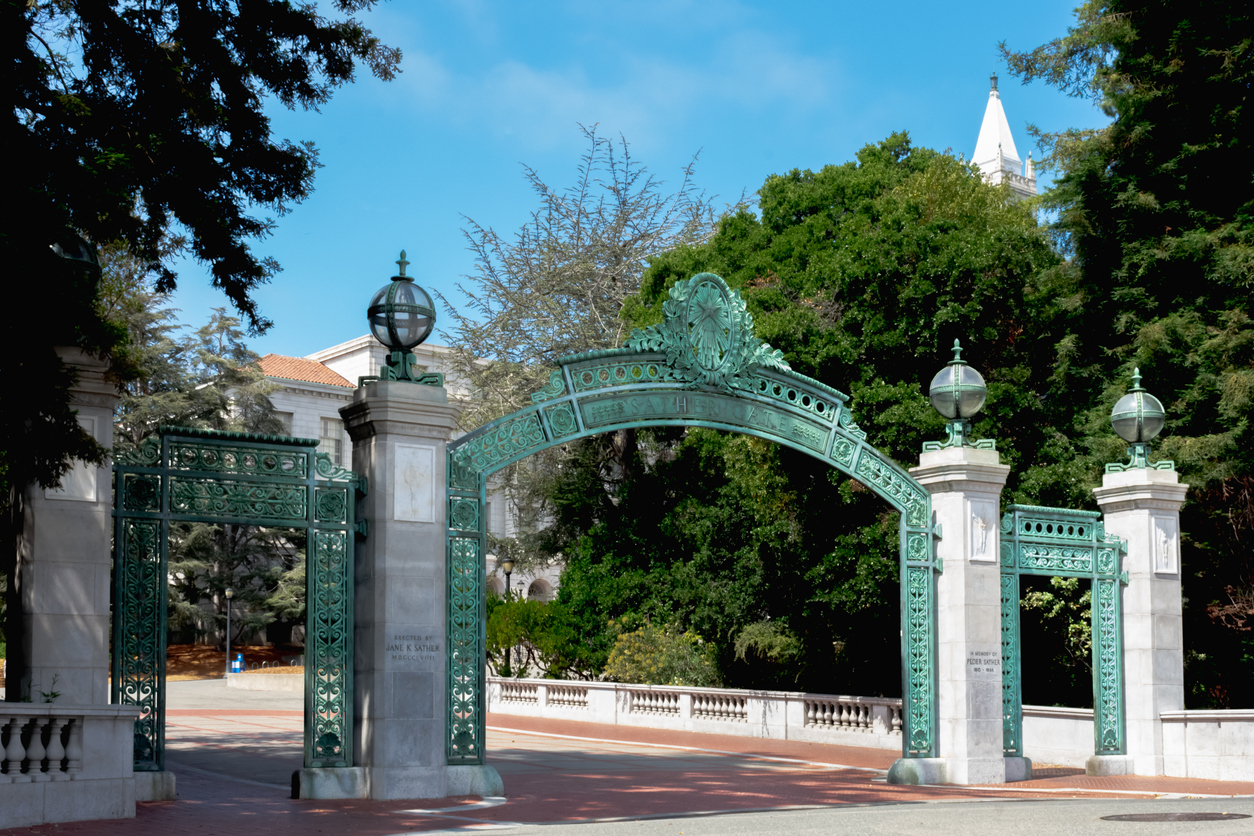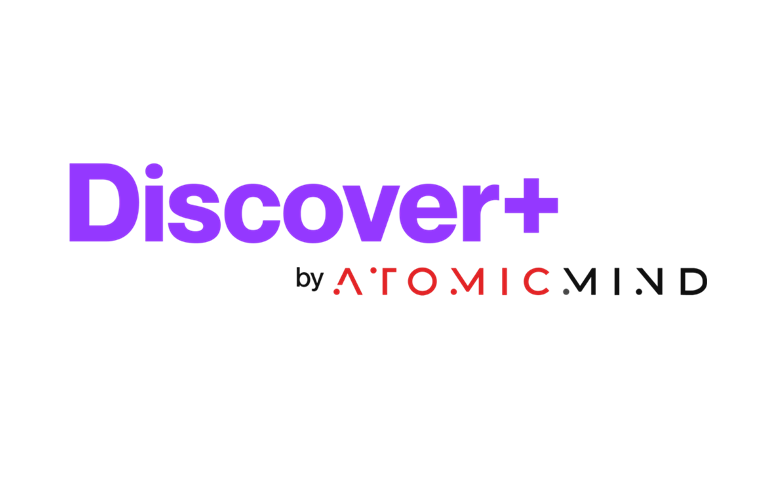
Why UC Berkeley?
By
Dylan Rivera
November 14, 2025
•
2
min read
Share this Article
Simply highlight text to share on social or email
UC Berkeley isn’t trying to impress you.
It’s too busy changing the world.
Founded in 1868 as California’s first public university, Berkeley has always stood at the intersection of academic excellence and public purpose. It’s where Nobel laureates share hallways with student activists. Where quantum physicists and poets debate climate ethics. Where students are encouraged—no, expected—to challenge everything, including themselves.
Berkeley doesn’t want followers. It wants thinkers, builders, organizers, challengers, questioners. If that sounds like you, read on.
What Is UC Berkeley Known For?
- Consistently ranked the #1 U.S. public university (U.S. News & World Report)
- The top producer of Peace Corps volunteers, NSF fellows, and Fulbright scholars
- Home to over 100 Nobel laureates, Turing Award winners, Fields Medalists, and MacArthur “Genius” Grant recipients
- A powerhouse in:
- STEM: computer science, data science, physics, engineering, neuroscience, bioengineering
- Social sciences & humanities: economics, political science, history, philosophy, sociology
- Law, environmental science, and public policy
Berkeley is also known for its culture of resistance. The Free Speech Movement started here. So did the Disability Rights Movement, the Third World Liberation Front, and large-scale student climate protests. But activism at Berkeley isn’t performative—it’s intellectual, often research-backed, and directed at real systems change.
What Makes Berkeley Academically Unique?
1. Scale Without Compromise
Berkeley enrolls nearly 32,000 undergraduates and over 13,000 graduate students, but don’t confuse size with anonymity.
Yes, intro lectures can be big. But upper-division classes, discussion sections, research labs, and faculty mentorships provide real access. And Berkeley’s massive scale translates into a depth and breadth of opportunities that smaller schools simply can’t match.
2. A College System Within a Research University
Berkeley undergrads apply into one of five colleges:
- College of Letters & Science (L&S) – the largest and most flexible
- College of Engineering
- College of Chemistry
- Haas School of Business (for juniors—no direct freshman admission)
- Rausser College of Natural Resources
Each has its own requirements, advising, and academic culture. L&S students can major in anything from astrophysics to cognitive science to comparative literature—and switch between majors with more flexibility than at many other top-tier universities.
3. Undergraduate Research at Research Scale
Want to work in a CRISPR lab? Publish economic research? Analyze California housing policy? At Berkeley, you can.
- URAP (Undergraduate Research Apprentice Program) pairs students with faculty projects
- SURF (Summer Undergraduate Research Fellowships) fund independent summer research
- Data Science Discovery Projects, BIDS, and SPUR provide hands-on work in data, design, and public policy
Research here isn’t just for grad students and it’s not reserved for the lucky few. If you’re motivated, there’s a place for you in Berkeley’s research ecosystem.
4. Interdisciplinary, by Design
Berkeley breaks down silos constantly. Just a few examples:
- Cognitive Science spans linguistics, psychology, neuroscience, and computer science
- Media Studies pulls from journalism, sociology, and critical theory
- Global Studies combines area studies, migration, and policy
There’s even a Designated Emphasis system that allows students in one major to add an interdisciplinary focus, like New Media, Energy Engineering, or Computational Biology.
What Is Student Life Like at Berkeley?
In a word: intense. But also, authentically diverse, endlessly dynamic, and surprisingly collaborative.
- Over 1,200 student organizations, including:
- The Daily Californian (award-winning student paper)
- Cal Blueprint (engineering nonprofit tech for social good)
- Berkeley Forum (nonpartisan speaker series)
- Bridges, SASC, Movimiento Estudiantil Chicanx de Aztlán (MEChA), and other deeply rooted cultural and activist groups
- Club sports, fraternities/sororities, student co-ops, and service organizations provide plenty of ways to connect outside class
Yes, you’ll see protests. You’ll also see biohackathons, film screenings, rooftop concerts, and startup pitch nights—all happening in the same 24 hours.
Berkeley students are often described as “ferociously independent but not aloof.” They’re curious, busy, and purposeful. People come here to do things and don’t just learn about them.
Financial Aid and Affordability
UC Berkeley is a public university, and its financial aid system reflects that:
For California residents:
- In-state tuition + fees = approx. $15,000/year
- Blue and Gold Opportunity Plan ensures that students from families making under $80,000 pay no tuition
For out-of-state and international students:
- Tuition + fees are higher (~$48,000–$65,000), but generous need-based aid and scholarships are available
About two-thirds of students receive some form of financial aid, and 57% graduate with no debt.
Who Thrives at Berkeley?
Berkeley students are:
- Sharp, fast learners who thrive in high-octane environments
- Self-directed and unafraid to navigate large systems
- Community-oriented, but don’t need hand-holding
- Comfortable with ambiguity and bold enough to challenge institutional thinking
If you want curated, quiet, and contained, Berkeley isn’t for you. But if you want a place that gives back exactly as much as you put in, and then some? You’ll find more freedom, more minds, and more mission at Berkeley than almost anywhere else.
UC Berkeley Essays: Insight, Not Performance
Berkeley uses the University of California system application, which means you’ll respond to four Personal Insight Questions (PIQs) out of a set of eight.
Each PIQ is capped at 350 words. No fluff. No Common App-style personal statement. Just substance.
Sample PIQs include:
- Describe an example of your leadership experience
- What have you done to make your school or community a better place?
- What’s your greatest talent or skill and how have you developed it?
- Describe how you’ve taken advantage of a significant educational opportunity
Our advice:
- Be specific. Generic “I love science” won’t cut it.
- Use active language and vivid moments.
- Reflect deeply: what did you learn, change, challenge, or contribute?
- Don’t try to impress; try to reveal.
Berkeley doesn’t care about polish. It cares about purpose.
Final Thoughts
UC Berkeley is not for the faint of heart. It’s not built for prestige-chasers or passive learners.
It’s for the student who builds their own path. Who loves questions more than answers. Who wants to study the problem and then fix it. Who doesn’t just want to get into Berkeley, but wants to use Berkeley as a launchpad to impact the world.
If that sounds like you, you already speak the language of the Bears.
Need help telling your Berkeley story?
At AtomicMind, we specialize in helping students craft PIQs that reflect not just what you’ve done, but who you are—and how you’ll thrive in a place like Berkeley. Let’s make your application as bold and brilliant as you are.

About the Author: Dylan is a Head Advisor at AtomicMind based in Southern California. He graduated from Stanford University with a major in International Relations and a minor in French. His passion for learning and education shaped his current endeavor of helping students design their own unique path to college, which he does in addition to his hobbies of hiking, traveling, and reading.

Share this Article



